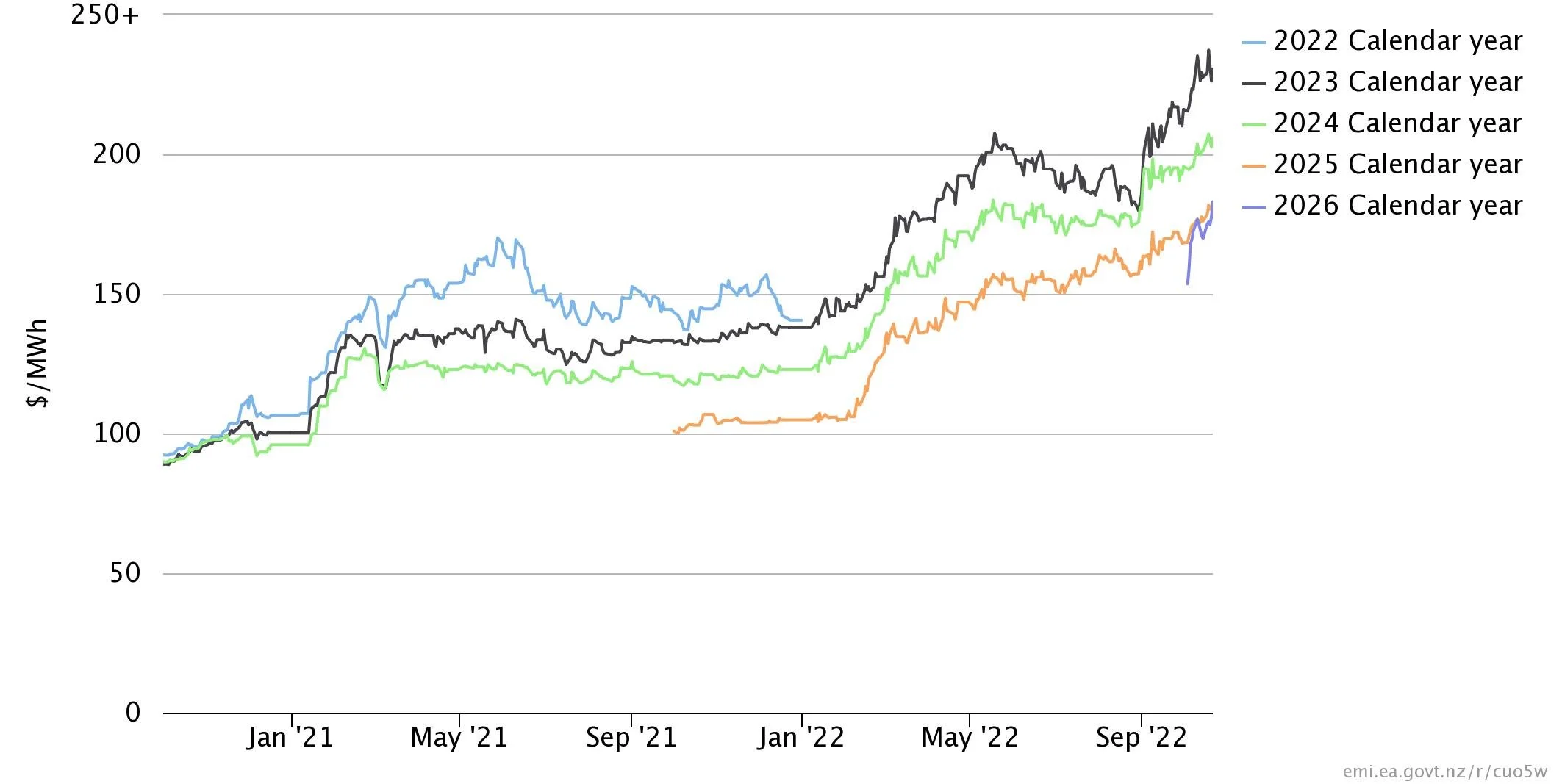What is the ‘Electricity Market’?
Welcome to our latest edition of Between the Lines, Tenco's publication, highlighting our capability, people, and ideas. This edition touches on the New Zealand electricity supply market and articulates some commonly used terminology you may have heard in layperson's terms. We also discuss Tenco's recent expansion of our services into the private fibre network space.
Electricity Market Update
The Electricity Authority is an independent Crown entity responsible for overseeing and regulating the New Zealand electricity market. The Electricity Authority regulates the electricity market by developing and setting the market rules, enforcing and administering them and monitoring the market’s performance.
What do we mean by a Market? What Do I Need To Know?
In New Zealand, we have transmission networks linking generation to consumers. This is our system’s physical part, ensuring a continuous electricity supply. What this does not do is determine the price of electricity. This is the role of the market. The market is where electricity is traded as a commodity with sellers known as Generators and buyers known as Electricity Retailers. It operates in a similar way to other commodity trading markets. However, added complexities make electricity markets unique such as demand and supply being balanced in real-time to ensure the lights don’t go out.
What is Electricity Spot Pricing?
The wholesale electricity market is the mechanism used to determine the electricity spot price. Electricity in New Zealand is sold via auctions every 30 minutes. Generators who produce electricity offer a particular amount at a specific price to Retailers who purchase electricity on behalf of their customers. Transpower, the electricity System Operator, controls each auction and accepts all offers that combine to meet the expected demand. The final bid accepted sets the ‘spot price’. Every proposal accepted is then paid the ‘spot price’ for their electricity.
What is the Electricity Futures Market?
The electricity futures market allows electricity buyers to purchase a forward contract. This contract protects buyers against volatile spot prices by fixing their electricity prices for a specified period. This creates more certainty in the market, as electricity buyers will have more stable costs.
Forward prices reflect expectations of future electricity demand and generation costs. These prices are determined by market buyers and sellers and represent the consensus view of future prices. Forward price contracts for New Zealand electricity can span months or quarters. This reflects the extent to which the contract covers. Contracts ending within a year are dubbed ‘short-dated’ contracts, while those extending over a year are called ‘long-dated’ contracts.
The electricity futures market indicates where market participants see the spot market moving in the future, providing a valuable proxy for the direction of retail contracts.
What Does This Mean For Me?
Tenco manages an in-house tender desk where our clients who are currently rolling off contracts are seeing increases in their electricity spending in the range of 35%-75%, given current market conditions. If you have any energy supply agreements expiring in the next six months, you need to consider your contract renewals now. Tenco is well-versed in sourcing electricity and gas contracts for your business. We assess your business’s energy requirements and are here to provide independent, tailored advice on your contract.
The chart below illustrates the Forward Price Curves as of 21st October at the Otahuhu node in Auckland for the calendar year 2022 through to the calendar year 2026. These prices are quoted in megawatt-hour (MWh) and must be divided by 10 to attain the equivalent kilowatt-hour (kWh) price.
Forward prices have been rising sharply since September, with the calendar year 2023 price increasing by 18% from 1st September to 21st October 2022. While the calendar year 2024 and calendar year 2025 prices increased by 9% and 11% for the same periods, respectively.
The first trading of 2026 futures commenced on 3rd October 2022 and reflects only a slight decline from the 2025 price thus far. Whilst the step down was expected, it is relatively small compared to previous years and continues to signal that more generation needs to enter the market. The 2026 price indicates pressure on commercial and retail prices upwards. Commercial contract durations are getting longer to offset short-term price volatility.
Current and projected market conditions impact forward electricity prices, with hydro storage tending to heavily influence short-dated future prices, making them potentially more volatile than future long-dated prices. High hydro storage depresses spot prices as abundant hydroelectricity can be offered cheaply. So, the cost of short-dated forward prices tends to fall as hydro storage increases.
Industry participants can also impact forward electricity prices with corporate announcements. In July 2020, when Rio Tinto announced that New Zealand’s largest electricity consumer, the Tiwai Point aluminium smelter, would cease operating, forward prices declined sharply. This reflected an expectation that more electricity would be available in the market after its closure. However, in January 2021, an extension of the planned closure period from August 2021 to December 2024 was announced, and forward prices bounced back up.
Schedule your private utility network assessment today.
0800 359 500
info@tenco-ebs.co.nz
Renewables Structuring
Tenco property clients are moving towards a green energy future with a desire to reduce carbon emissions and benefit from the declining costs of renewable energy projects. As renewable energy becomes increasingly viable in New Zealand, property owners are considering integrating these solutions into their private power networks. Renewable energy generation can be incorporated into private utility networks in New Zealand. Learn more about renewables structuring
Private Fibre Networks
In recent months, Tenco has taken the natural step to expand our services into the private fibre network space. Much like private utility networks in the electricity, water and gas industries, fibre networks allow property owners to maintain control of their infrastructure -- while providing market-leading services to their tenants. Private fibre networks offer additional benefits over traditional arrangements because their internet-based services are dynamic, expand to adopt new technology and reduce complexity during construction. Learn more about private fibre networks?
Gordon Napier, Head of Client Services
027 605 4585
gordon.napier@tenco-ebs.co.nz





